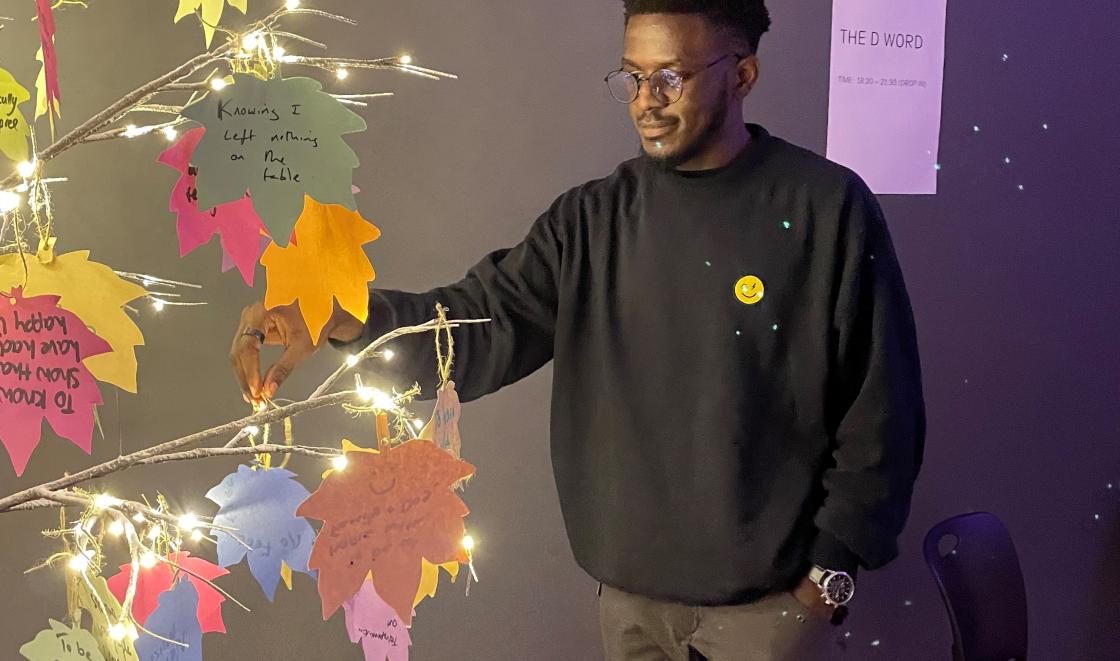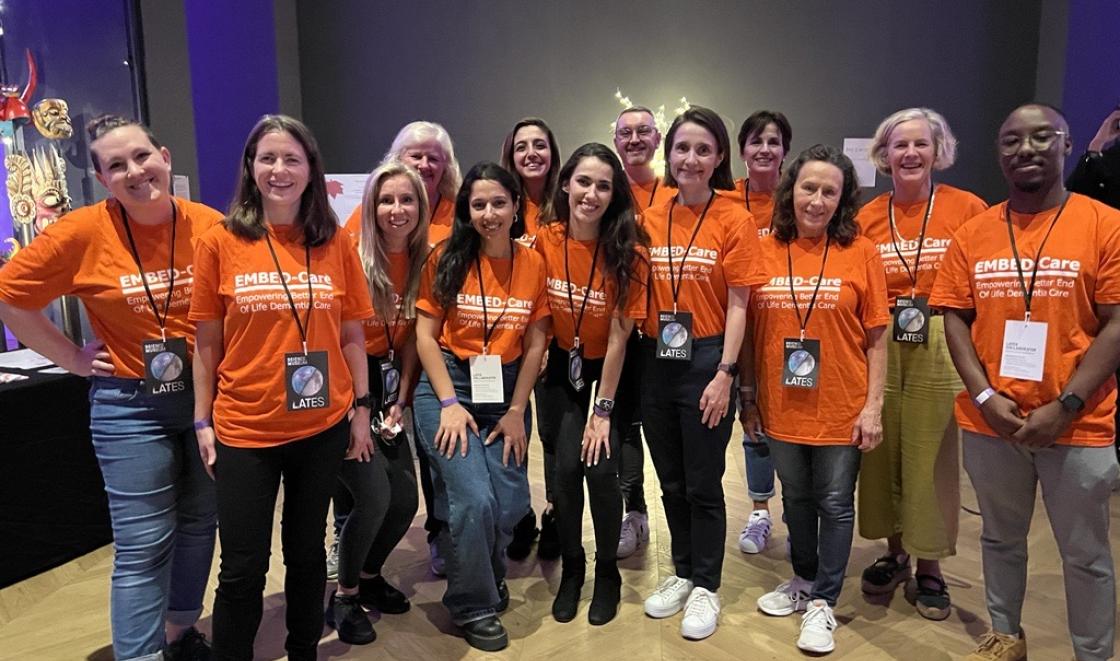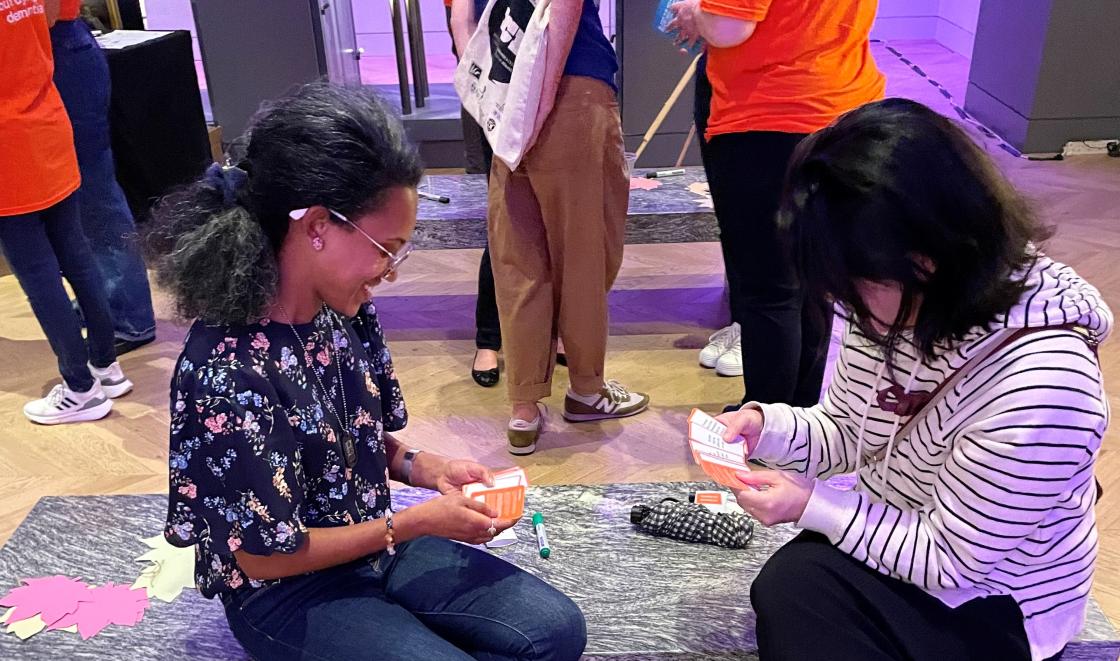Why this research matters
Dementia is the commonest cause of death in the UK. By 2040 it is estimated that annually 220,000 people will die with dementia, with many experiencing distressing symptoms like pain and agitation. Access to good care for people with dementia towards end of life is highly unequal. In the UK, those who make decisions about care and develop policy do not have sufficient information to deliver solutions to improve care that focuses on the person and their needs or to plan future services, for which there will be increasing demand.
About EMBED-Care
EMBED-Care brings together collaborators, clinicians, policymakers, patients, families and carers to inform the development and testing of an intervention designed to improve palliative care for people with dementia. The intervention will prioritise comfort and what is important to each person to ensure the right services are in the right place at the right time.
Thank you to all who participated
The EMBED-Care team would like to thank everyone who visited the stand and participated in the activities.



